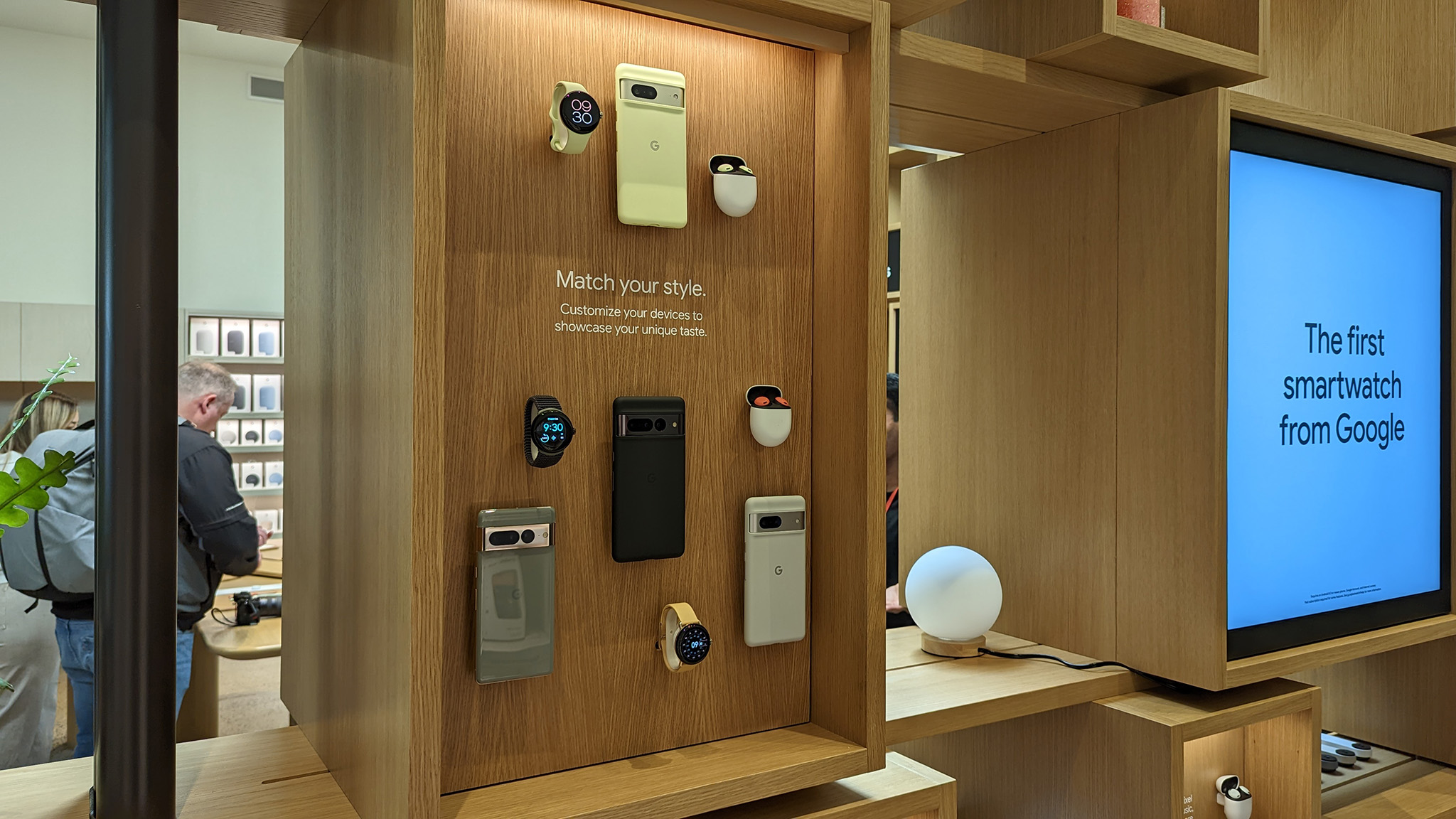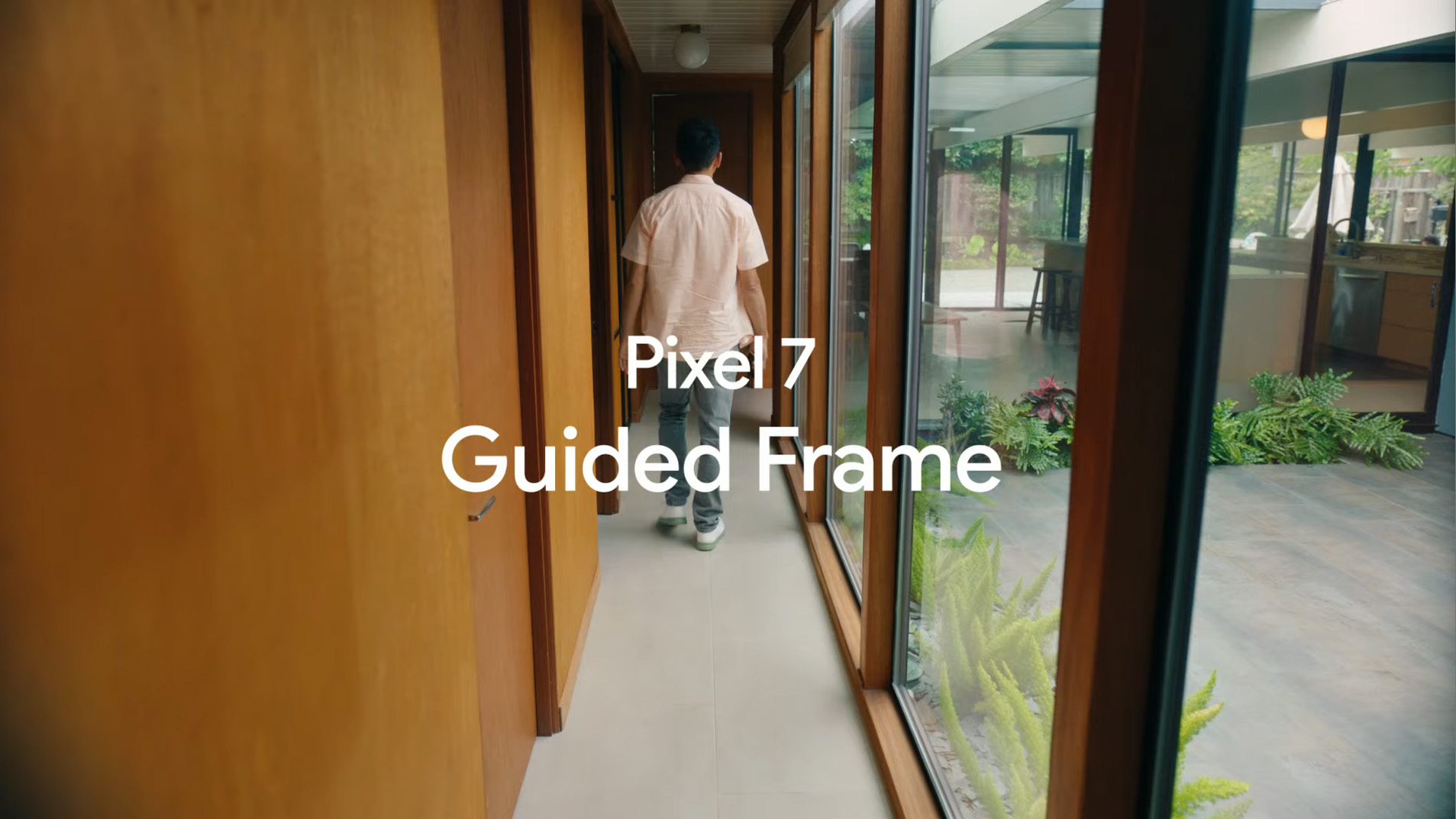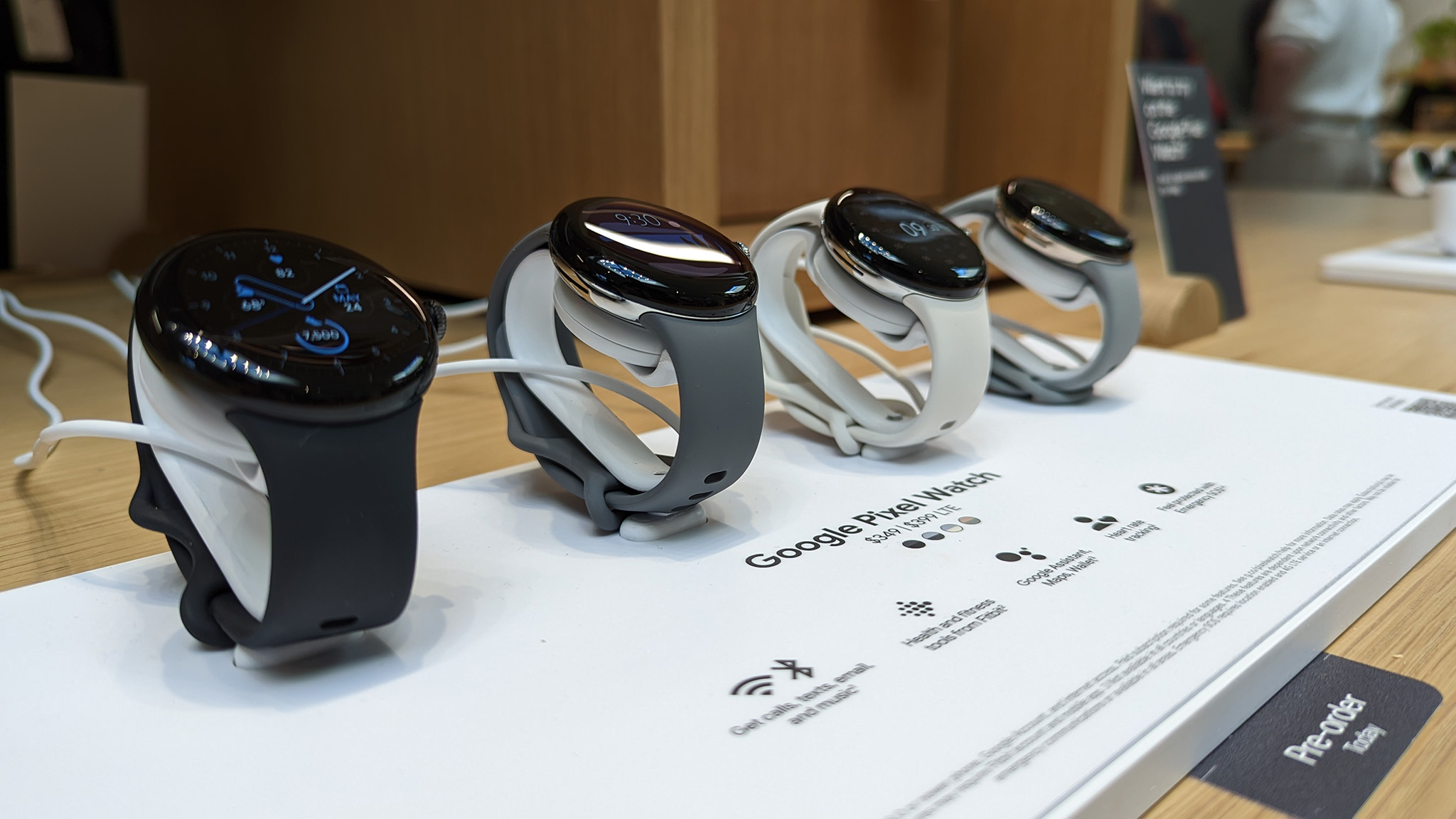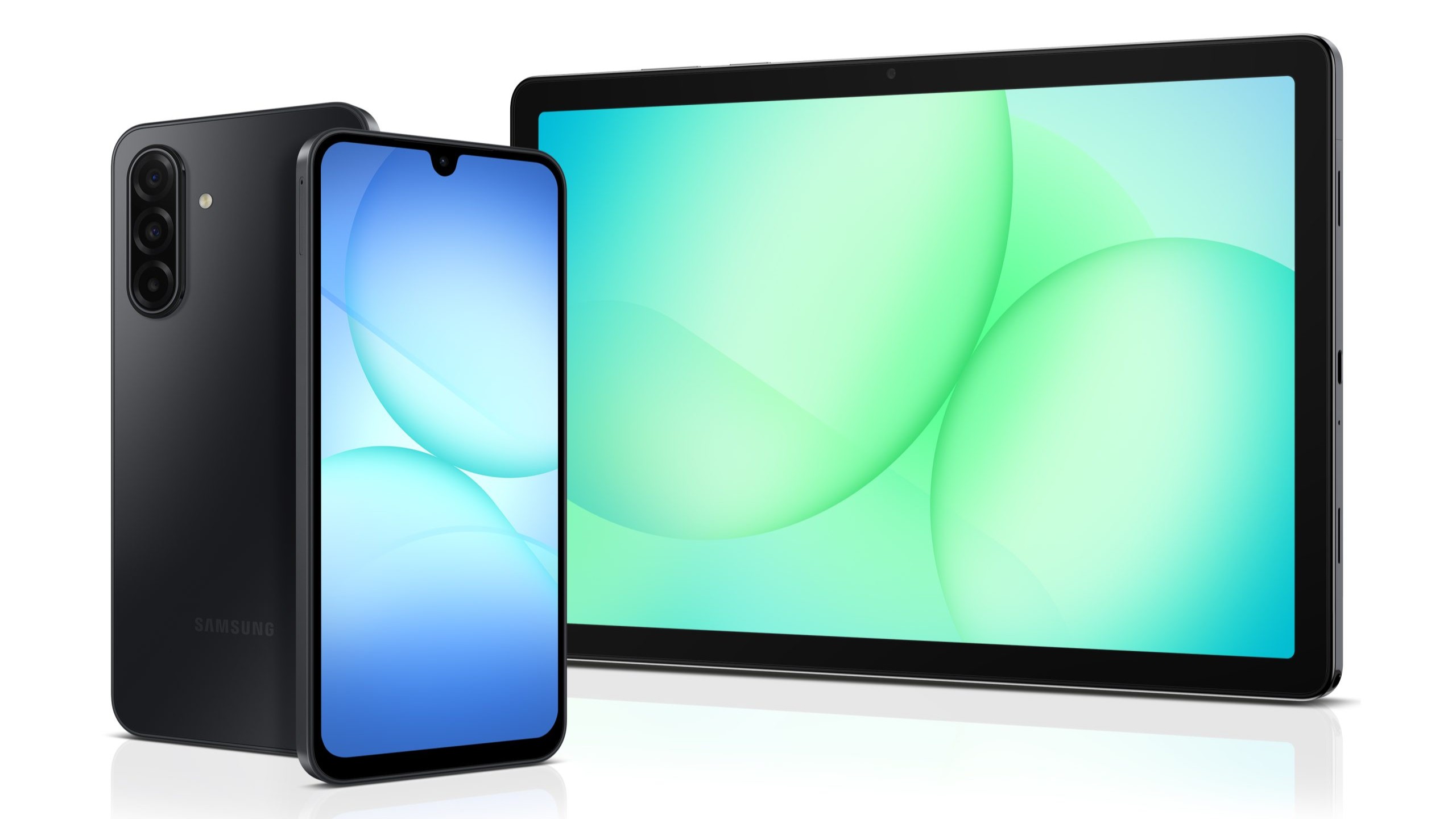Google is keeping some of Android's best features behind a Pixel paywall
Nobody fragments the Android experience as well as Google does

Google is a strange company.
It's not really a hardware manufacturer, and it's not a simple software company, either. Sometimes it seems like a testing center for machine learning algorithms. Really though, it's an odd mixture of all of the above.
It is also in a strange place when it comes to the smartphone industry. While Google knows its future is almost entirely dependent on the smartphone, it has to mix being the caretaker of Android with selling phones itself and building services that work across platforms.
This is why Google gets more regulatory attention than Apple — an even bigger, wealthier, and more heavy-handed company. Google has to find a way to play fair to the Samsungs and Xiaomis of the world because those companies depend on one of its biggest products: Android.

Google used to do a decent job here. We would see features debut on Nexus phones that were built atop Android APIs available for any company willing to license the proprietary version of Android. Some were even free and open-source, so anyone from Amazon to an independent hobbyist developer could incorporate them.
This started to change when Google started building Pixel products, and the Pixel 7 event just tossed it all to the side. Google is keeping some of the best features, particularly when it comes to accessibility, to itself, and I'm not sure why. Not completely sure, anyways.
Google is keeping some of the best features, particularly when it comes to accessibility, to itself.
To understand what I'm saying, you need to have just a bit of understanding of how Android works. A large portion of it is open-source and available for anyone to freely use and modify. There are rules you would need to follow if you wanted access to Google's proprietary software, but anyone can license Android once they can show they have compatible hardware.
Get the latest news from Android Central, your trusted companion in the world of Android
Then there are parts of Android that are closed off. These usually come from hardware makers who aren't forced (or willing) to share their work with the competition. So far, all is good, and none of this really affects consumers.
The most vital part of Android, as it is sold on Google's own hardware, is different. It's 100% hands-off for every other company and is built using data Google collects from all of us about the things we want and need to do with our smartphones. These private APIs and ML models drive many of Android's best features, and the only way to have access to them is to buy a phone directly from Google.
Some parts of new features require support through "regular" Android APIs, and they are there for any other company to use. Some are powered in part by tech licensed through GMS or Project Mainline. It's as if Google knows it has to provide the bare minimum to keep judiciary committees at bay but is unwilling to go any further.

Google, of course, makes no mention of this side of its business during hardware events. Saying that features like the new contextual spatial audio could be available to all phone makers or that Clear Calling, Real Tone, and Guided Frame are being locked to the Pixel brand "just because" isn't a good look. But it would be true.
These features aren't exclusive to the Pixel 7 either, by the way. They are all coming to the Pixel 6 and 6a series through Pixel Feature drops, too. They will probably be faster on the Pixel 7 because of the new TPU in the Tensor G2, though.
That's the rub. Google has locked these features, along with others, to its own hardware platform through machine learning models. Your phone, whether it's made by Samsung, OnePlus, or any other company, already keeps track of your face and could announce when you should tap the camera button. Likewise, your phone uses AI to determine color tone and hue or what sounds are made by people versus what sounds are made by an air conditioner or loud exhaust pipe, as well as what direction they are coming from.
Google now locks features to its own hardware through machine learning models. These could (and should) be licensed.
These are accessibility features, and these features need to be available to every Android hardware partner directly by Google through licensing. Yes, they may not be as accurate or happen as fast as they would on a Pixel because it uses a dedicated chip to interpret specific ML models, but it could be designed in a way that it still works as advertised.
I have no idea why Google is doing this. Google is, at best, an unsuccessful hardware company — Samsung sells more phones in six months than Google has sold in total. Locking features behind its own brand isn't going to be the catalyst that changes any of this.
Google would be more successful if it shared "Pixel features" with Samsung because it would gather a lot more data. Data is dollars to a modern tech company, especially one that can use that data the way Google can. The same goes for things like keeping Fitbit premium locked to its own hardware. I can't make sense of it.

What I can understand, though, is that someone who would live a better life if they could use contextual spatial audio or audible camera cues because of a disability wouldn't be happy to know that Google is fragmenting Android in a way that forces you to buy its own products when plenty of other great phones exist.
Everything we saw from the Pixel 7 event should have been part of Android 13. In the past, it would have been. Maybe Google is planning to license its own ML models or even its Tensor TPU to other companies, and this is all part of the R&D process. Maybe not. I just wish it were different.

Jerry is an amateur woodworker and struggling shade tree mechanic. There's nothing he can't take apart, but many things he can't reassemble. You'll find him writing and speaking his loud opinion on Android Central and occasionally on Threads.
